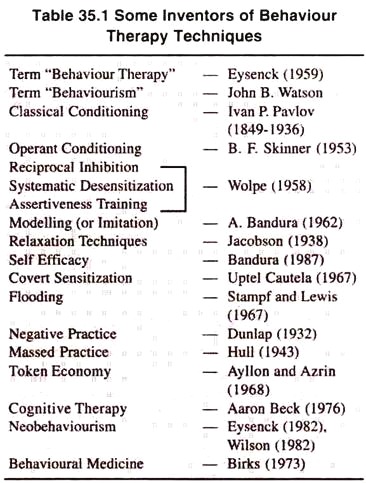Free Essays on Catharsis In Othello - Brainia.com.
Catharsis in Shakespeare's Othello. In Othello, an ambitious, resentful, and just plain malicious soldier named Iago brings about the downfall of his captain, Othello, by making it look as though Othello's wife is cheating on him. Othello goes mad with jealousy and eventually kills his own wife. After learning his wife was in fact faithful, Othello then delivers this monologue in Act 5 Scene 2.
In conjunction with our discussion of Othello we analyzed Shakespeare’s use of the three unities of time, place, and action. While we determined that Shakespeare’s Othello was not a perfect example of Aristotle’s ideal performance we noted the how Aristotle’s guidelines could improve the overall experience of a play. When making connections in class to modern theatre and how we now.

Free Essay Catharsis In: Philosophy and Psychology Submitted By damlaemir Words 377 Pages 2. The social problem which is important for both Turkey and other countries is violence. There are different types of violence and I tried to analyze the violence in sports. To do this, I chose the participant observation method and went to a match which was available to violence. Me and my father.

Antigone Catharsis Essay; Antigone Catharsis Essay. 982 Words 4 Pages. Stressful day or week? Whether a cry or scream, people often take action to release self-pitying emotions. This process of relieving oneself from fear and pity into a sense of renewal and purification is known as catharsis. In the Greek play, Antigone, the author, Sophocles used catharsis to demonstrate situations in which.

Catharsis, the purification or purgation of the emotions (especially pity and fear) primarily through art.In criticism, catharsis is a metaphor used by Aristotle in the Poetics to describe the effects of true tragedy on the spectator. The use is derived from the medical term katharsis (Greek: “purgation” or “purification”). Aristotle states that the purpose of tragedy is to arouse.

Shakespearean tragedy usually works on a five-part structure, corresponding to the five acts: Part One, the exposition, outlines the situation, introduces the main characters, and begins the action. Part Two, the development, continues the action and introduces complications. Part Three, the crisis (or climax), brings everything to a head. In this part, a change of direction occurs or.

An Essay from Othello. Othello Essay Othello is a play that can still relate to modern society. The themes explored in Othello are similar to problems many people deal with today. Othello is a highly respected general in the service of Venice. Iago is Othello's ambitious friend and he is ranked under him, hoping to.

The confidence Othello has in himself and his courage are clearly evident when Othello makes a stand before Barbantio, Roderigo and Iago, when following the drawing of their swords, Othello, as opposed to withdrawing in the face of danger taunts “Keep up your bright swords, for the dew will rust them.” (Act 1, Scene 2, Page 4) Shakespeare continues to portray Othello as a well-respected.

The Tragedy of Othello William Shakespeare’s, The Tragedy of Othello, the Moor of Venice, from the sixteenth century is an excellent example of Renaissance humanism. “A poet of unparalleled genius, Shakespeare emerged during the golden age of England under the rule of Elizabeth I.”(Fiero 3:98) He produced comedies, tragedies, romances and histories. According to Webster’s pocket.

Get an answer for 'What is the role of catharsis in Macbeth? I just need a few examples of it and how it relates to Macbeth as a story in general. thanks!' and find homework help for other Macbeth.

Free Essay - The Character of Iago in Shakespeare Free Essay - The Character of Iago in Shakespeare's Othello Othello essays The Character of Iago in Othello In the Shakespeare play of Othello, Iago plays an important role. Iago is a compelling sophisticated villain, who revels in his own ability to dissemble. Shakespeare's Iago is one of Shakespeare's most complex villains. At first glance.

The realisation Othello has of his flaws give the audience a sense of catharsis, the audience feel that now he knows of his mistakes he cannot do more wrong. He feels bad for what he has done and understands that killing himself is the only way to restore order. It is arguable that the play does not give a sense of catharsis because it is never shown that Iago is tortured. The audience never s.

Aristotle's ideas revolve around three crucial effects: First, the audience develops an emotional attachment to the tragic hero; second, the audience fears what may befall the hero; and finally (after misfortune strikes) the audience pities the suffering hero. Through these attachments the individual members of the audience go through a catharsis, a term which Aristotle borrowed from the.



